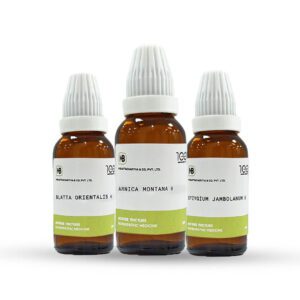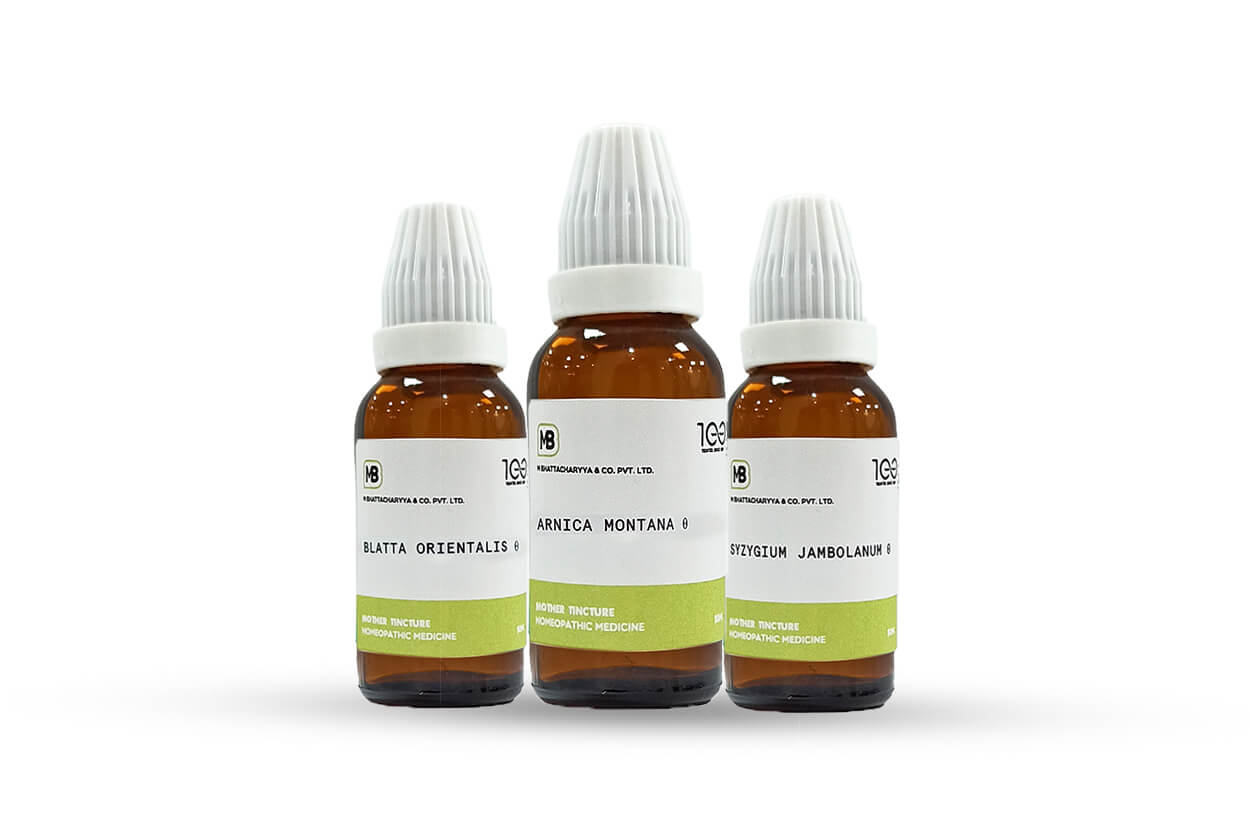Bitter Bark. Native Quinine Bark. (New South Wales and Queensland. A. scholaris, growing in India and Malabar, is probably identical in effects.) N. O. Apocynaceae. Tincture of the bark.
Clinical.-Debility. Diarrhoea. Dysentery. Fevers. Lactation, excessive, effects of. Leucorrhoea. Lienteria. Palpitation. Pregnancy, vomiting of Uterus, debility of.
Characteristics.-Alstonia was proved by Dr. Cathcart, of Australia, who found it produce great debility and prostration, or low fever, often with diarrhoea. It is exceedingly bitter. Dr. Dietz, who has tested it clinically, gives the following as leading indications: Debility from lack of digestive power in the stomach or general assimilative power. Tongue generally has a dirty white coat, especially at base; though it may be clean. It has no relation to purely nervous debility. The nausea is < morning, before breakfast, or at irregular times, especially when depending on reflex irritation from disturbance of pelvic organs. An empty, gone feeling in stomach or whole abdomen at irregular times; generally with tearing, dragging-down sensation in hypogastrium, as if everything would escape from the vulva. Pale face, flushing on least excitement. Food seems to remain in stomach a long time undigested. Diarrhoea of undigested food immediately after eating; has to leave table before finishing a meal. (This symptom was cured by Alston. c. 1x in a patient who had taken much iron, after the failure of Puls., Sep., Sul., Sil., Nat. m.) Leucorrhoea and bearing-down < by walking. Swollen feeling in right ovarian region. Sharp shooting pain from left side of stomach through to back (spleen). At the moment she falls asleep, wakes up suddenly, becoming wide awake, with violent palpitation of the heart and throbbing in blood-vessels, accompanied by a numb sensation of the tongue. < By exertion. > Lying down.
Relations.-Compare: Alet. f., Lil. t., Helon., Cedron, Ceanoth., China, Fer.


